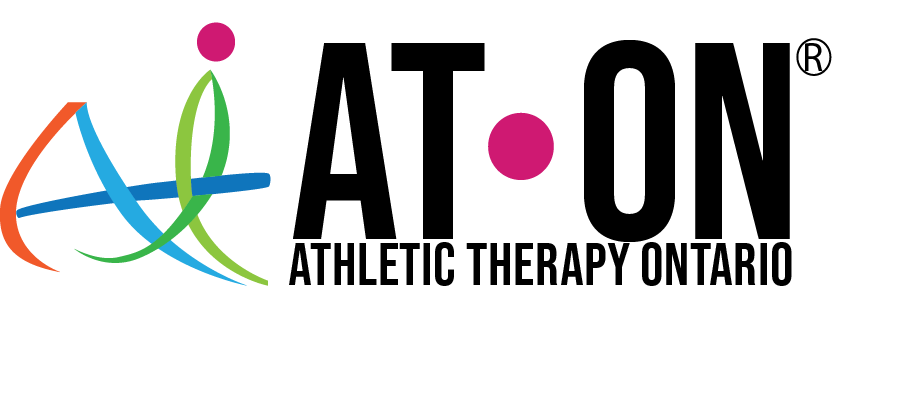 |
ABOUT KELLY MARCHUK Kelly Marchuk brings her two decades of being an Athletic Therapist, combined with an impressive academic career and a Dean's-List scholar, to her consulting work in ethics, governance and negotiation with health care and educational institutions to this role as the OATA Organizational Ombuds. She has direct experience working with AT organizations in Canada and with the WFATT and the NATA. She lives in Alberta so along with her objectivity and knowledge of AT ethics, AT code of conduct and AT organizational governance, also brings independence and distance to the role. The OATA noted the national AT organization's Ombudsman lives and works in the USA and that physical distance might be a positive for this provincial organization too. Kelly has a Doctorate in Health Education, a Masters in Exercise Science, an Advanced Certificate in Athletic Therapy and a BA in Physical Education. |
What is an Ombudsman? “Ombudsman” is a gender-neutral Swedish word that means “citizen’s representative”. The original concept was to have an independent official who would investigate complaints from the public about problems in government administration. The first parliamentary Ombudsman was created in Sweden in 1809. Today, about 90 countries around the world have independent Ombudsman offices. Why do Member-Based Organizations have an Ombudsman? An Organizational Ombudsman provides options for people with concerns, including whistleblowers, who seek to bring their concerns forward safely and effectively. The role is considered by some as a hallmark of an ethical organization and a key component of an integrated dispute resolution or constructive complaint system. Who is the OATA Ombudsman? The first OATA Organizational Ombudsman was Nancy Harvey. The second was Carly Vandergrient followed by Susan Cameron. Effective April 1, 2022, the OATA Organizational Ombudsman is Kelly Marchuk. The position was originally created by the Board in response to questions raised during grandparenting of members(2014) to the CKO and matters related to the Inactive Member Policy. What can the Ombudsman do? The OATA Ombudsman is not a Member advocate, but rather an independent Member with an understanding of proper Board governance, the Association’s By-Laws, Board Policies and the “machinery” of the professional association’s business and workings. The Ombudsman is not a Member's first point of contact on any issue, but rather the final point of contact serving to mediate or facilitate a solution after the Board has tried on successive occasions to address a Member's issue. The Ombudsman can and does review Member concerns, issues and complaints with a goal to achieving mutually- satisfactory resolutions. What can the Ombudsman not do? The Ombudsman cannot investigate individual Members nor OATA Member private clinic businesses. | How to contact the OATA Ombudsman? Please fill the form below, including your name, last name and a short summary of your complaint. Please let the Ombudsman know the best way (phone or email) and time to contact you back and provide the details. The Ombudsman will get back to you directly.  |


